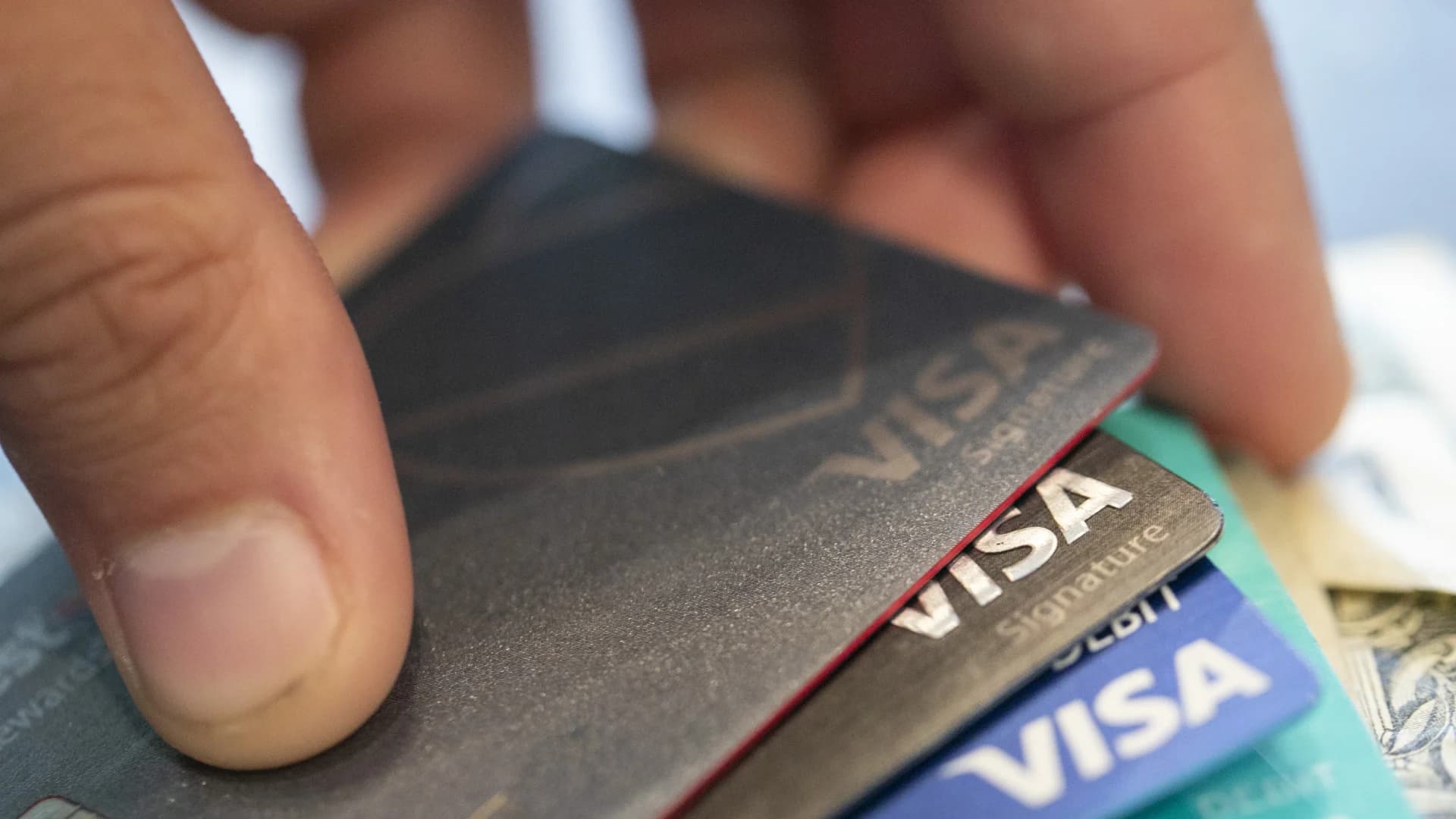More Stories

If you have ever been billed for merchandise you either returned or never received, or if your credit card company ever charged you twice for an item, or failed to credit a payment to your account, there are some steps you can take to correct these errors.
Below are some procedures provided by the Fair Credit Billing Act on how to dispute a credit card charge:
1. Fair Credit Billing Act
The Fair Credit Billing Act applies to "open end" credit accounts, like credit cards, and revolving charge accounts, like department store accounts. It doesn’t cover installment contracts - loans or extensions of credit you repay on a fixed schedule. People often buy cars, furniture, and major appliances on an installment basis, and repay personal loans in installments, as well.
2. Billing errors
The Fair Credit Billing Act applies only to disputes about "billing errors." For example:
- Unauthorized charges. Federal law limits your responsibility for unauthorized charges to $50;
charges that list the wrong date or amount.
- Charges for goods and services you didn't accept or that weren't delivered as agreed.
- Math errors.
- Failure to post payments and other credits, like returns.
- Failure to send bills to your current address — assuming the creditor has your change of address, in writing, at least 20 days before the billing period ends.
- Charges for which you ask for an explanation or written proof of purchase, along with a claimed error or request for clarification.
3. Exercise your rights
To take advantage of the law's consumer protections, you must:
- Write to the creditor at the address given for "billing inquiries," not the address for sending your payments, and include your name, address, account number, and a description of the billing error. Use this sample letter from the Federal Trade Commission.
- Send your letter so that it reaches the creditor within 60 days after the first bill with the error that was mailed to you. It’s a good idea to send your letter by certified mail; ask for a return receipt so you have proof of what the creditor received. Include copies (not originals) of sales slips or other documents that support your position. Keep a copy of your dispute letter.
- The creditor must acknowledge your complaint, in writing, within 30 days after receiving it, unless the problem has been resolved. The creditor must resolve the dispute within two billing cycles (but not more than 90 days) after getting your letter.
4. The investigation
You may withhold payment on the disputed amount (and related charges) during the investigation. You must pay any part of the bill not in question, including finance charges on the undisputed amount.
The Federal Trade Commission has more tips to help you dispute a credit card charge, CLICK HERE for more information.
More from News 12
0:46

Rep. Pat Ryan condemns path to war as Democrats push for limits on presidential authority

Retaining wall collapses onto pedestrian, vehicle in Yonkers

Gerber opens 2026 photo search, honoring everyday moments of parenthood

Pleasantville woman charged with assaulting elderly patients in Westport
2:07

Skies brighten up & temps rise ahead of a dreary Thursday
0:26
